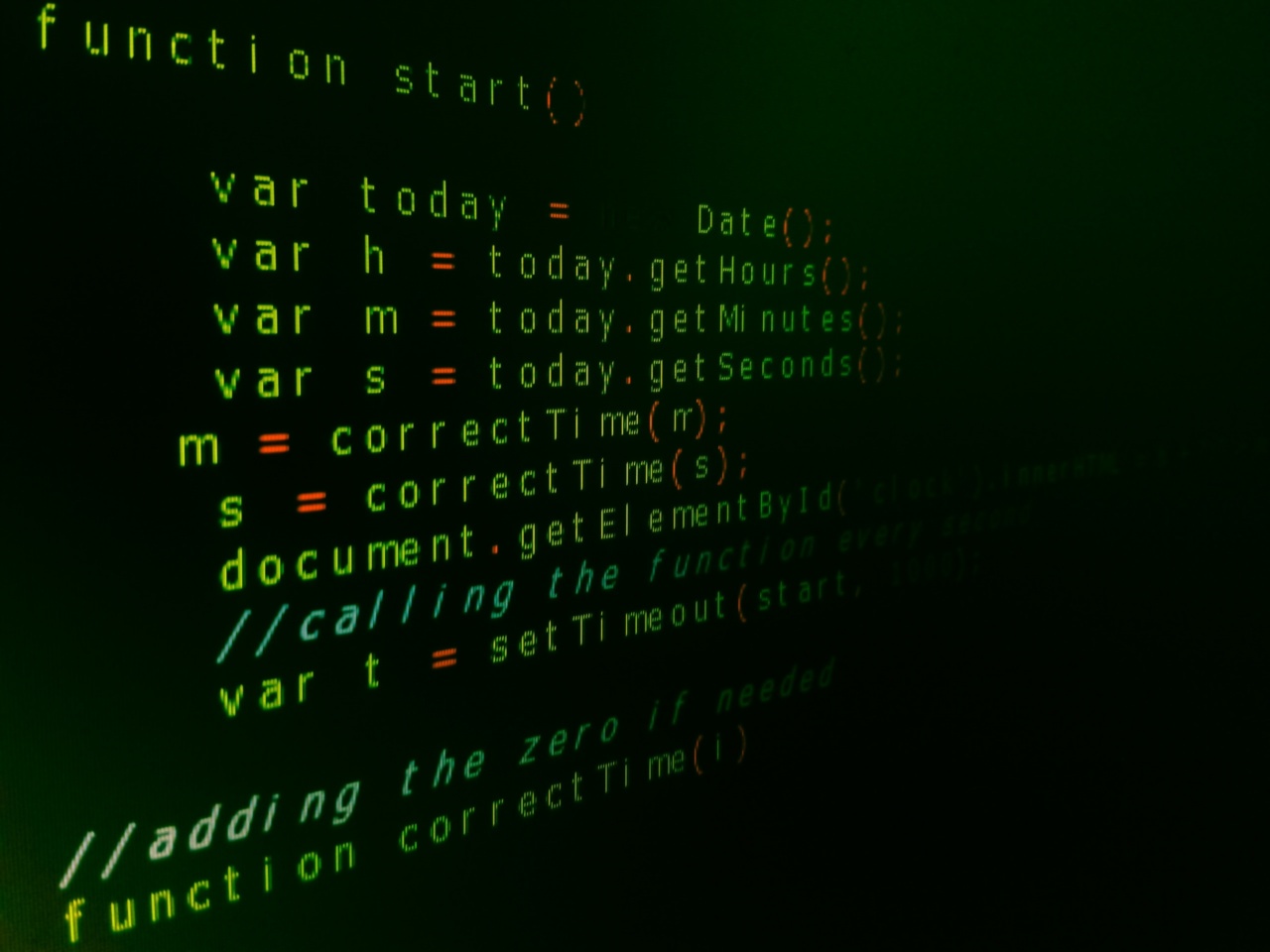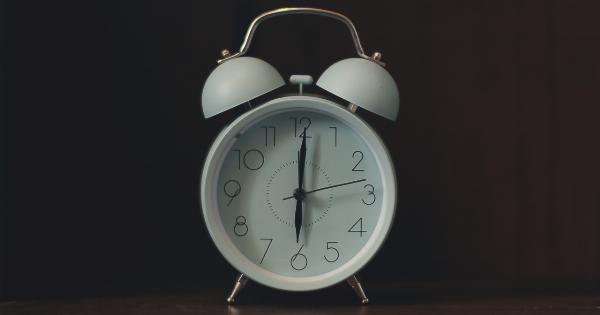Time perception has always been a fascinating topic for scientists and researchers. It is interesting to know how different factors can affect our perception of time.
Recently, researchers have found that a particular gymnastics technique can alter an individual’s perception of time.
What is the Technique?
The technique, known as “rhythmic gymnastics,” is a sport that involves the use of apparatus such as ribbons, ropes, and balls. The athletes perform a routine that includes jumps, turns, and leaps while manipulating the apparatus.
The researchers discovered that rhythmic gymnastics alters an individual’s perception of time, making it feel like it is moving more slowly.
This is because the athletes are trained to synchronize their movements with the music, and this synchronization can have a significant impact on their perception of time.
The Study
The study was conducted by researchers at the University of Munich, and it involved a group of rhythmic gymnasts and a control group.
The participants were asked to estimate the duration of a tone played to them while they were watching a video of a rhythmic gymnastics routine or a control video with no rhythmic gymnastics.
The results showed that the participants who watched the rhythmic gymnastics routine underestimated the duration of the tone, indicating that their perception of time was altered.
On the other hand, the participants who watched the control video did not show any significant change in their time perception.
Possible Explanations
There are several possible explanations for why rhythmic gymnastics alters an individual’s perception of time.
One explanation is that the synchronization of movement and music creates a more predictable environment, and this predictability can make time seem to move more slowly.
Another possible explanation is that the athletes’ focus on their movements and the music distracts them from paying attention to the passage of time. This distraction can cause time to seem like it is moving more slowly.
Implications
The findings of this study have several implications. First, they suggest that the perception of time is not a fixed entity; it can be altered by external factors such as music and movement.
Second, the study can have practical applications in fields such as sports and music therapy.
For example, the findings can be used to help athletes enhance their performance.
By training athletes to synchronize their movements with music, coaches can help them develop a better sense of time, which can improve their ability to time their movements in competitions.
Similarly, the findings can be used in music therapy to help individuals with conditions such as Parkinson’s disease, where the perception of time can be affected.
By exposing these individuals to rhythmic movements and music, therapists can help them improve their perception of time.
Conclusion
The study conducted by researchers at the University of Munich has shown that rhythmic gymnastics can alter an individual’s perception of time. This finding has several implications in fields such as sports, music therapy, and psychology.
The study highlights the importance of understanding how external factors can affect our perception of time, and how we can use this knowledge to enhance our performance in various areas.




























